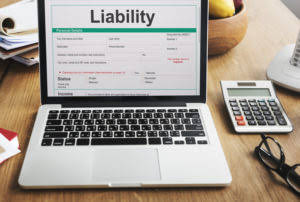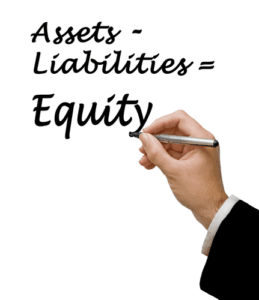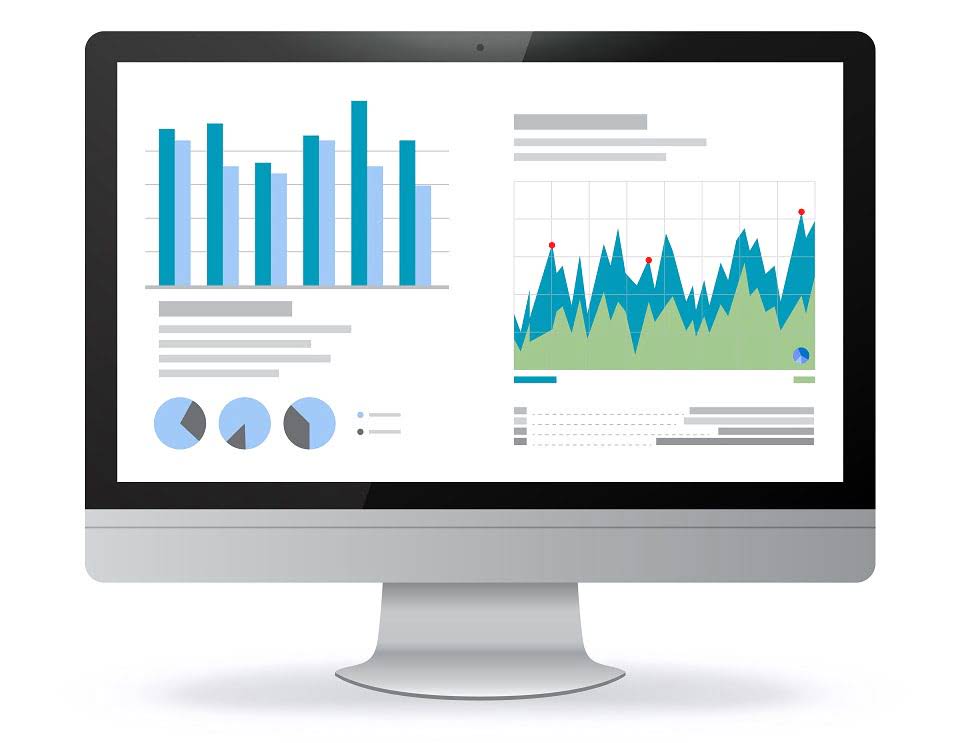
Managing over and short in a small business is a crucial aspect of cash flow management. Over and short refer to the discrepancy between the expected cash balance and the actual cash balance. This discrepancy may arise due to errors in calculations, theft, or other unforeseen circumstances. Over and short can have a significant impact on a small business’s cash flow, and it is essential to manage them effectively. From an accountant’s point of view, managing https://www.bookstime.com/ over and short involves recording and tracking the discrepancy, investigating the root cause, and reconciling the cash balance.
Financial Accounting
- The most common types of cash discrepancy are overages and shortages, which can be caused by a range of factors.
- There are many different opinions on the best way to handle cash, but there are a few key things that everyone agrees on.
- This reconciliation process identifies any variance between the actual cash and the recorded figures, revealing a cash short or over.
- The counted physical cash is then compared against the total cash sales and other transactions recorded by the POS system or manual logs.
- In this journal entry, we credit the sales revenue because in the retail business the cash shortage usually happens due to us failing to keep the accurate records that are related to sales revenue.
- The cash over and short account is an expense account, and so is usually aggregated into the “other expenses” line item in the income statement.
In our previous sections, we have covered several strategies to minimize over and short in cash handling. We discussed the importance of proper cash handling procedures, such as counting the cash twice and documenting everything to avoid discrepancies. We also talked about the significance of having a well-trained staff bookkeeping that follows the cash handling policies and adheres to the procedures. Cash discrepancy is one of the significant financial challenges that organizations face, particularly those that deal with cash payments.

Investigate large discrepancies before assuming miscount or theft

Over occurs when the actual cash in your cash register is higher than the expected cash while short happens when it is lower. Over and short are both important metrics that business owners should be aware of since they affect the business in different ways. Over can indicate that there may be discrepancies in your inventory or that there may be theft happening in your business. Short, on the other hand, can mean that there may be errors in your cash handling procedures or that there may be a problem with your point-of-sale system. In contrast, the cash over and short is recorded on credit when there is overage. Examining point of sale records and deposit records side by side with the bank statement is the first step in affirming your accounting processes are working as they should.
Over And Short: Definition And What It Means In Accounting
Understanding the different types of cash discrepancy is essential for any organization that deals with cash payments. By identifying the root causes of cash discrepancy, organizations can implement effective strategies to prevent and address this financial challenge. The cash overage journal entry is one of many bookkeeping entries used in accounting, discover another at the links below.

Daily Cash Handling Procedures
The cash short or over account is a temporary account that appears on the income statement. We know what is cash over and short that income is reported as part of total retained profits in the balance sheet’s equity column. Chartered accountant Michael Brown is the founder and CEO of Double Entry Bookkeeping. He has worked as an accountant and consultant for more than 25 years and has built financial models for all types of industries.

